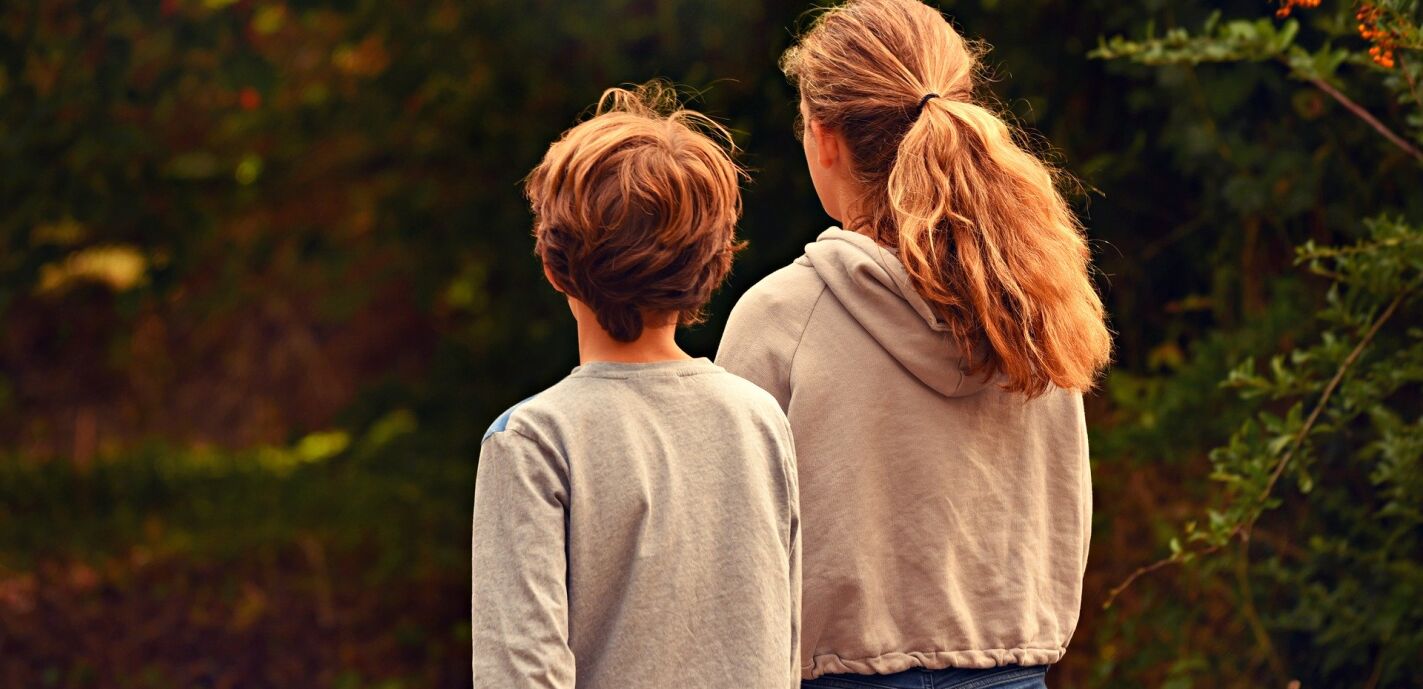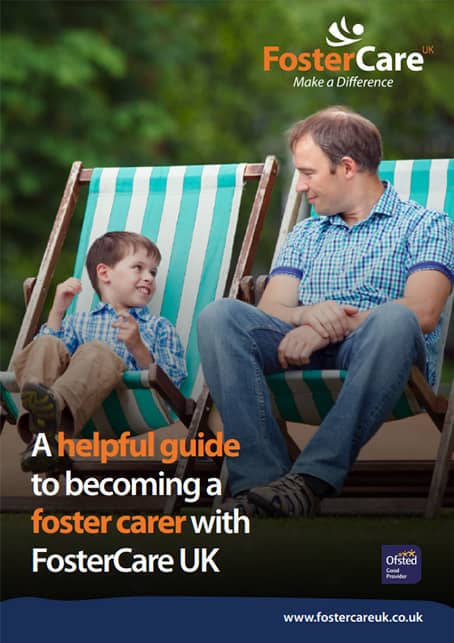


What happens when a child is taken into care?
Benefits of being a foster parent
What is a care leaver?
How to become a foster parent
How to foster a child
What are the foster care requirements
Can I choose who I foster?
Fostering with pets FAQ
How long does it take to become a foster parent?
What is the role of an independent fostering agency?
Fostering a disabled child
Tips for coping when foster placements end
Do foster carers pay tax?
What to expect in a fostering assessment
Common Fostering Challenges and Solutions
What disqualifies you from being a foster carer?
Muslim Fostering
Fostering as a single parent
Can you foster a child with a criminal record?
Can you work and foster?
Top 10 fostering myths
Can I foster if…?
Can I foster and rent?
LGBT Fostering: can I foster if I’m gay
Top transferable skills to become a foster carer
Can you foster with a mental health condition?
Christian Fostering
Sikh Fostering
Cultural Diversity in Foster Care
How to encourage foster children to read
Reasons for a child to be taken into care
Tips for coping with attachment disorders in Foster Children
Fostering vs Adoption
What happens when foster parents get divorced?
What is reunification in foster care?
How to deal with foster child bullying
A guide to the foster care handbook
Guide to fostering young children
Types of self-harm
A guide to fostering teenagers
What are the signs of depression in foster children?
For many people thinking about becoming a foster carer, there are a number of questions they have before setting off on that journey. Some of these could include if you can foster as a single parent, what the fostering requirements are or if you can foster if you have pets.
However, one of the main questions that we are asked frequently is if you can choose who you foster. This is as families want to try and be as prepared as they can before they take on their first child, and sometimes will have preferences on which children they will foster in their home.
An important part of fostering is, of course, making sure there is the right fit between yourselves, your family and the foster child as it is crucial that they feel settled quickly in your home. This is why we ask as many questions as we can when we onboard a new family to understand their circumstances and their feasibility to foster.
There is a diverse range of children in the foster care system who vary in age, ethnicity, race and religion who all need to find support in a loving and caring environment. Although we will take preferences into account during the onboarding process, we ask that our families treat each case with an open mind – however, we always stress that they don’t have to accept each case if they feel they cannot provide adequate support.
Many foster parents are also keen to ask if you can choose the age of the foster child, and while it’s important to know that you can’t pick the age of the foster child, it is possible to register a preference.
Becoming a foster parent, and in fact the whole fostering process, is about finding the right match. How your family may fit in with the child is discussed at length.
All foster carers are approved to look after children either from birth to 18-years-old, or from five to 18-years-old - along with being approved to care for both genders.
We understand that the preference maybe due to a number of family circumstances on the foster carers’ side, but it’s important to highlight if payment is only made when you have a child in placement, then the bigger the age range you can have then the more beneficial it would be for the foster carer. Limiting which ages you want to accept may limit the time until a placement can be made.
In short, yes.
A foster family is able to foster more than one child at a time. This can either be by fostering sibling groups – which is when children are from the same biological family. This is to help create consistency and comfort for the children who are within the care system.
There is also the chance to take on more than one foster child simultaneously, however this isn’t as common. Assessments will need to be done beforehand to ensure that the child that is in care will be able to cope with a new child coming into their environment, and vice versa.
Taking on a foster child alongside your own biological child is also common, however there will be the need for further assessments to ensure the fit is right for all.
For more information on fostering, or if you have further questions, do contact us here at FosterCare UK. Alternatively, learn more about fostering requirements or the fostering recruitment process.
If you’ve got any questions or would like to find out more about fostering with Capstone, fill out the form below.
An experienced fostering advisor from your local area will then be in touch.

Start the conversation today. Our team of friendly advisors are on hand to answer any foster care questions you may have. We can offer you honest and practical advice that can help you decide if becoming a foster carer is the right path for you.


